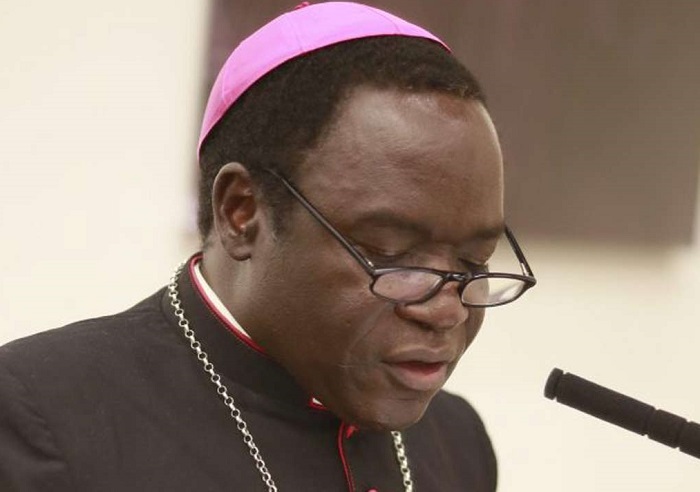Plateau killings go beyond herder-farmer clashes; perpetrators aim to take over Nigeria, says Kukah
The Bishop of the Catholic Diocese of Sokoto, Matthew Hassan-Kukah, expressed grave concern about the ongoing and relentless violence on the Plateau, stating that it extends beyond mere conflicts between herders and farmers.
According to him, the perpetrators have a distinct vision for Nigeria based on their ideology.
In a statement released on Saturday, the cleric strongly urged the government to resist the agenda of these assailants and safeguard the lives of Nigerians.
He specifically condemned the horrifying simultaneous attacks on communities in the Bokkos and Barkin-Ladi Local Government Areas of Plateau State during Christmas eve, where over 200 lives have been lost and numerous houses and farmlands destroyed.
Kukah denounced the attackers as “sons of Satan” who deliberately sought to extinguish the joy of Christmas from thousands of people on the Plateau.
He emphasized that there is a deliberate method to the madness, pointing to the choice of locations, communities, timings, and the concealed identities of the killers, which collectively suggest a broader agenda in the Middle Belt region.
The bishop asserted that Nigeria is currently facing a war waged by enemies of the country. He emphasized the need to acknowledge the reality of this conflict, stating that the nation could be at risk of snapping anytime, anywhere, and for any reason.
Kukah raised critical questions about the identity, origin, sponsorship, grievances, and motives of the assailants, calling for a thorough examination of these issues.
Expressing concern over the North being an incubator of various destructive elements, Kukah questioned whether there is a long-term plan to seize power in Nigeria.
He argued that these violent acts go beyond disputes over grazing fields and represent a broader threat that the nation must confront urgently.
The bishop stressed the importance of rebuilding affected communities, emphasizing that this process requires more than just physical infrastructure.
He called for clear and imaginative strategies to rebuild community cohesion and resilience, highlighting the urgency of addressing the underlying issues.
Kukah also criticized the military for intelligence failures and urged a reset of the national security architecture. He emphasized the need for transparency in investigations, stating that making them public and implementing rewards or punishments would instill confidence in the populace.
The bishop concluded by asserting that evil actions like these have been overcome in the past, citing examples such as the defeat of slavery, apartheid, Nazism, racism, and extremism.
